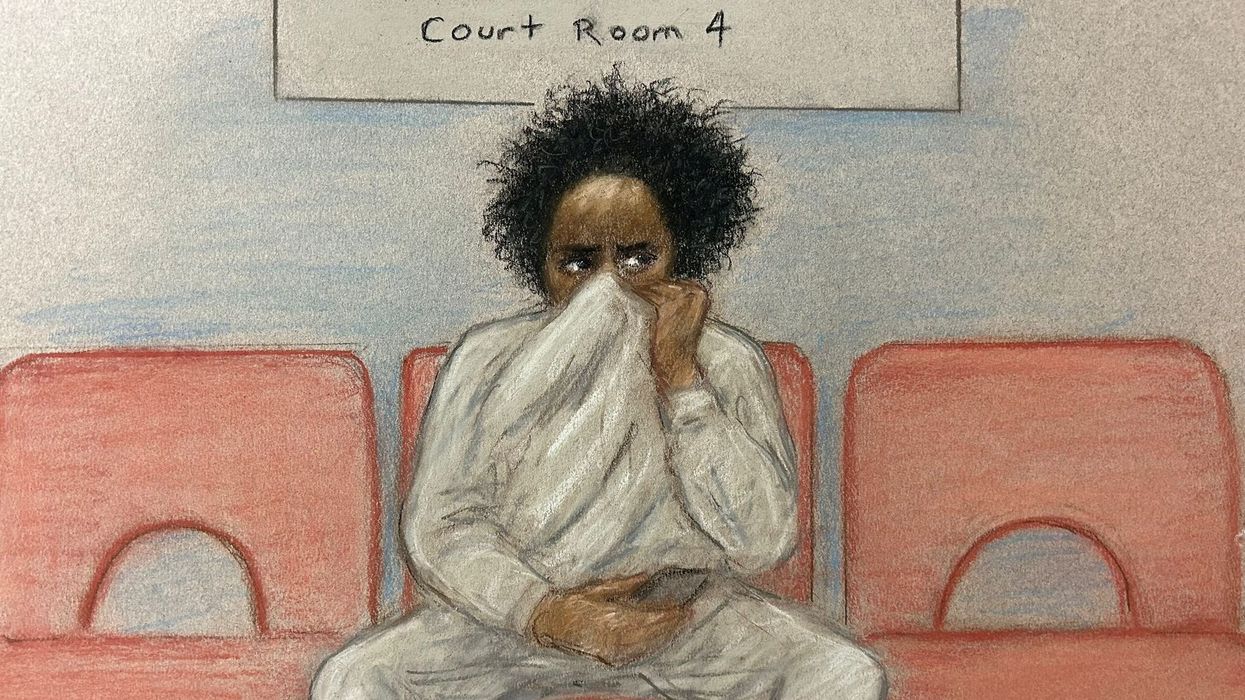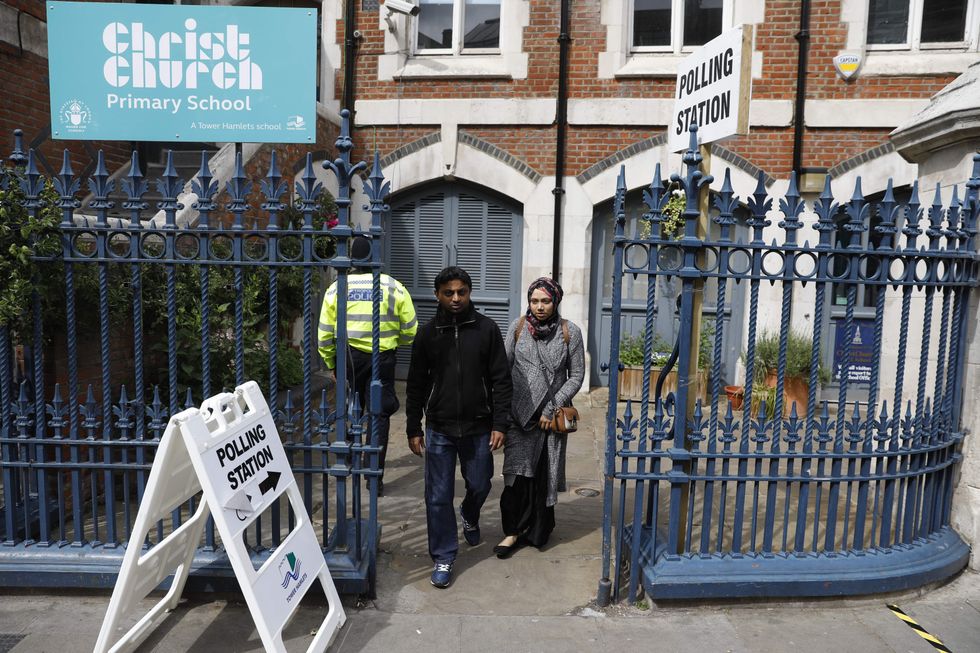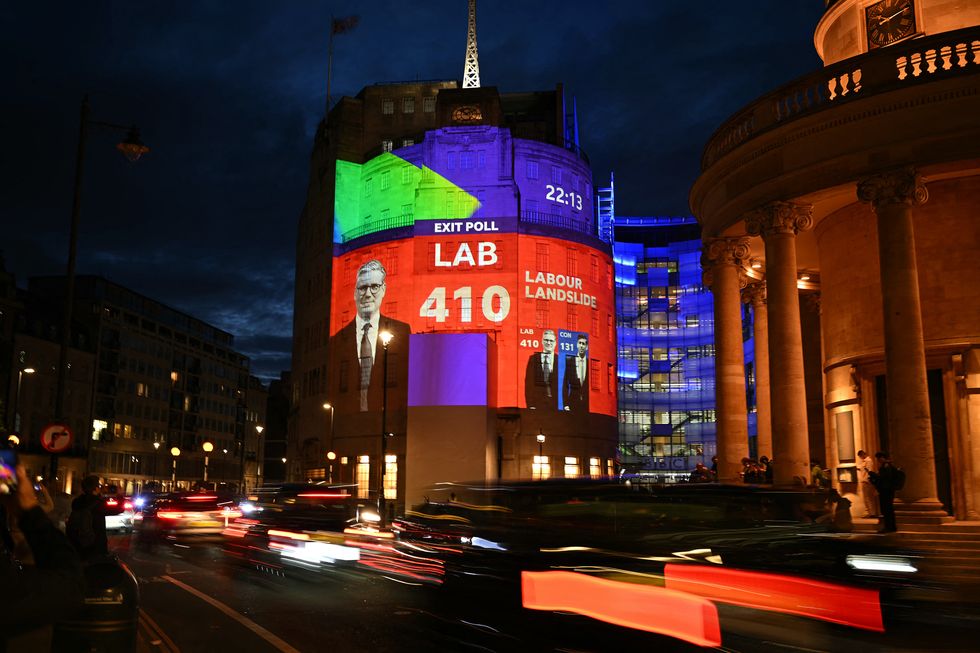RISHI SUNAK emerges as the best of the five prime ministers that Graham Brady had to deal with as chairman of the influential “1922 Committee” that represents backbench Tory MPs.
Sunak, described as “decent and competent”, is given greater credit than David Cameron, Theresa May, Boris Johnson or Liz Truss.
This is set out in Brady’s just published “bombshell” memoirs, Kingmaker: Secrets, Lies, and the Truth about Five Prime Ministers. Sir Graham Brady – now Lord Brady – was the soul of discretion when he was chairman of the 1922 Committee from 2010 to 2024. He was the MP for Altrincham and Sale West from 1997 to 2024, but stepped down before the general election on July 4 this year after which he was given a peerage.
“Politics is a rough business,” observes Brady, “and it is harsh that Rishi Sunak faced an election campaign seeking to blame him for ‘14 years of Tory chaos’. If Sunak deserves criticism for anything it is for excessive caution. With no more than two years or so to steady the ship before an election, it seemed it was always his strategy to win back trust for his calm, competent economic management before cutting taxes.”
He says: “Some of us pushed Sunak and his chancellor, Jeremy Hunt, to move more quickly, but we will never know whether that course of action would have paid political dividends. Rishi was complimentary about my judgment, but he sought it less often than his four predecessors had.”
Brady goes on: “The political risks I encouraged him to take – such as ending the ban on new grammar schools or piloting the Sutton Trust’s ‘Open Access’ scheme (in which school fees are means-tested) – were resisted. Nonetheless, I would observe that not only is Rishi Sunak decent and competent, he also has rather less ego than is normal for a senior politician.”
He goes on: “Attacks on Sunak for his wealth – suggesting it made him ‘out of touch’ – couldn’t have been more wrong. Those who have dealt with Rishi find him surprisingly normal. But maybe Rishi Sunak wasn’t enough of a politician: he made the mistake of being what people say they want, not what they actually vote for.”
What also comes out is the plot to destabilise Sunak when various newspapers claimed – wrongly – that nearly 50 Tory MPs had sent in letters to Brady seeking a vote of no confidence against the prime minister.
It had been suggested that Sunak was left with no choice but to call an election because he was about to face a vote of no confidence. Reports claimed Brady had received “around 50” letters – almost at the threshold of 53 required.
The former Tory MP, Simon Clarke, will now have to explain why he went out of his way to mislead the press. Brady exposes him as a sort of plotter in chief.
He says: “One problem with the system of using ‘letters’ to trigger a confidence vote is that the numbers must necessarily be kept confidential. In April 2024, the MP Simon Clarke briefed the press that ‘around 50’ letters of no-confidence in Rishi Sunak had been submitted. In fact, I had received nine. Most colleagues understood that, however frustrated they may have been, yet another change of leader would have made us look completely deranged.”
The leader of the Commons, Penny Mordaunt – she lost her seat in the general election – also had ambitions of replacing Sunak, according to Brady.
He says he had “started to wonder whether Rishi was preparing for a summer election, even though I was advising him to go in October or November. My suspicions had first been raised in March when I was asked to fill in the necessary forms to go to the House of Lords Appointments Commission. Ten days later, a smattering of parliamentary knighthoods and damehoods were announced, and my suspicions intensified.
Brady with Rishi Sunak“Then, a rumour started that if local election results were poor, Rishi would just walk away. I heard this from two different members of the lobby within a couple of hours. During a meeting with me soon after, leader of the Commons Penny Mordaunt said: ‘I wouldn’t ask you... but if anything did happen.. if Rishi walked away after the local elections, I hope there is a plan for a calm transition?’”
Brady explains: “In my experience, when a vacancy arises there is normally a surfeit of candidates and I couldn’t see how such a transition would be assured. Then, in between votes on the Rwanda bill, the former Home Office minister John Penrose asked me for my views on the Lascelles Principles: ‘If the PM asked His Majesty to grant a dissolution, do you think it could be stopped?’
“I said that, so near to the end of the parliament, His Majesty would be bound to grant a dissolution. Penrose agreed. I assumed he had been asked to sound me out on behalf of team Mordaunt.”
The book leads to events leading up to the election: “At 1pm (on May 22) Rishi rang. ‘Graham, I wanted you to know first, before I tell the Cabinet: I’ve seen the King and he has agreed to my request for a dissolution... I know that there is a case that we should wait until there has been more economic improvement but... I just think that the public isn’t going to engage with the arguments until they have to make a decision.’
“He also told me that there would be a dissolution honours list and my peerage would be on that – so that it would be approved ‘while I am still prime minister’.”
Brady goes on: “Returning to Parliament, I chaired the ’22 Executive, where we discussed the swirling rumours of an early election….I tried my hardest to give nothing away until reports reached us that there was to be a statement by the PM outside Number 10.
“Members of the Executive huddled, watching the statement from ‘Drowning Street’. On a small and distant screen, it looked at first like Rishi was wearing a very shiny suit – surely he wouldn’t be standing outside in a downpour? The words of Louis XV came to mind: ‘Après moi, le déluge.’”
Andrea Leadsom also moved against Sunak. “When the thinly attended meeting (of the 1922 Committee) got back under way, I invited questions. Dame Andrea Leadsom rose to her feet with a question for me, drawing an envelope from her pocket and waving it in the air as though proclaiming peace for our time. She asked, in an astonishing intervention: ‘If enough of us submit letters to you calling for a vote of no confidence – can we stop the prime minister from leading the Conservative Party to its destruction?’
“I replied: ‘Technically, I believe it would be possible to trigger a confidence vote, but given that His Majesty has already consented to the prime minister’s request for dissolution, the general election would still take place on July 4’.
“A rumour spread that Rishi had called the election because I had told him that he was about to face a confidence vote. I had given no such indication. As we headed off towards the smoke of battle, there were 10 letters sitting in my safe.”
Kingmaker: Secrets, Lies, and the Truth about Five Prime Ministers, by Sir Graham Brady, is published by Ithaka Press. £25.


















 Efforts are underway to modernise voting systems
Efforts are underway to modernise voting systems The exit poll showed a lead for Labour in the July general election, which may have put off some voters from casting their ballots
The exit poll showed a lead for Labour in the July general election, which may have put off some voters from casting their ballots
 Rokey as Minty with Tianah Hodding as Clover during Animal Farm rehearsals
Rokey as Minty with Tianah Hodding as Clover during Animal Farm rehearsals

 Hadiqa Kiani
Hadiqa Kiani Cover of her EP
Cover of her EP Kiani with Asjad Nazir
Kiani with Asjad Nazir